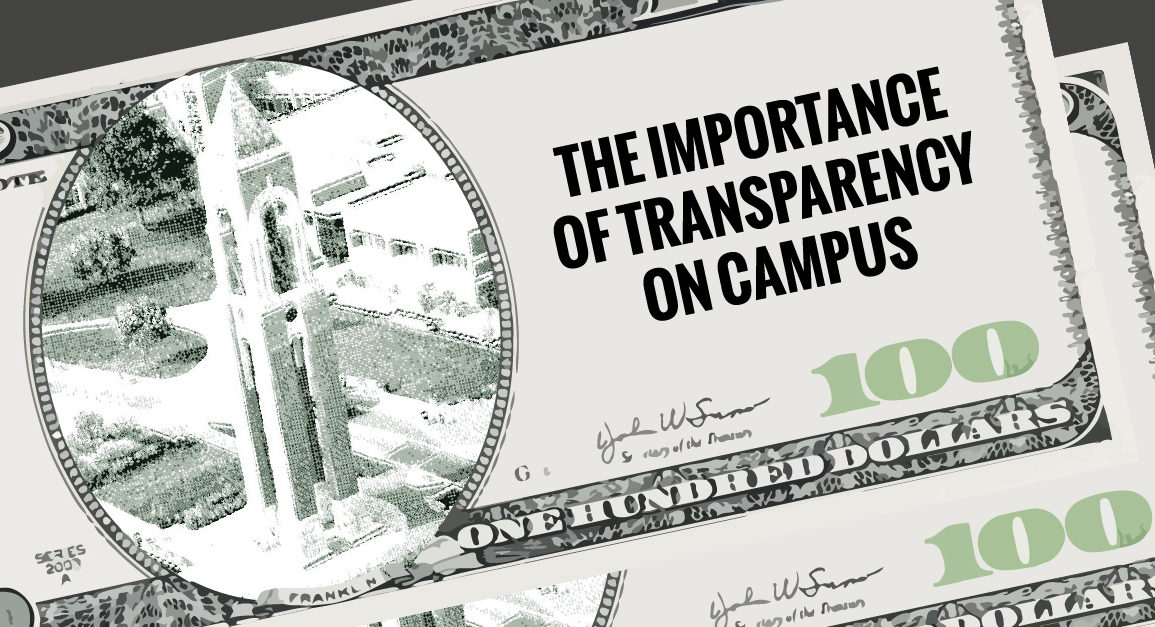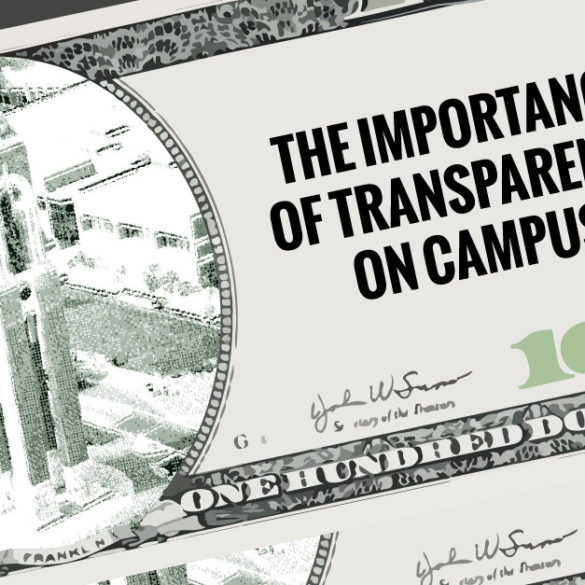Paul Fletcher, the national president of the Society of Professional Journalists, says he stands with student journalists who ask for transparency.
When I met a group of student journalists at Ball State University at a Society of Professional Journalists conference earlier this month in Cincinnati, I heard a sad but very familiar refrain.
They were trying to get information from the school, but they were getting stonewalled. Freedom of Information requests were slow in getting answered, if at all.
Their school – the place where they should be taught new ideas and new approaches, the academy that should celebrate critical thinking and independent analysis – was a bureaucracy bent on making it hard to get answers to get questions it didn’t want asked.
One hears a lot about transparency:
* “Government agencies must be more transparent.”
* “Political leaders should be transparent about potential conflicts of interest.”
* “Transparency is crucial in preserving the values this country was founded upon.”
But does the average American citizen really understand the importance of transparency in government? Does the average college student appreciate the value of transparency on campus?
Just what would happen if journalists stopped pressing for transparency and information that some would prefer never see the light of day?
An education is an investment – parents and/or the students themselves save for years anticipating these costs. Where does that money go? How is it spent? Since public universities (such as Ball State) are state-run institutions, don’t students have a right to know what happens to their hard-earned funds?
Yes, they do.
According to the Student Press Law Center, America’s public schools and colleges spend $1.1 trillion a year, but often shun public input and accountability.
The SPLC says on its website, “In disregard of toothless open-government laws, colleges are shutting citizens out of trustee meetings, sanitizing their crime statistics, and hiring crony presidents in backroom deals.
“Dysfunctional student privacy laws are routinely abused to conceal unflattering information the public needs to know. Well-trained student journalists are kicking open the doors that wrongdoers prefer to keep shut.”
Tuition-paying students and tax-paying parents have a right to know how their money is being spent. Presidents, trustees, faculty members, and employees of colleges and universities owe transparency to the people who financially support them.
There is an irony often overlooked by college officials. Transparency can be simply better business. It can help in receiving a higher level of buy-in for major projects. Greater communication can lead to good feedback and better, broader perspective. The free flow of information promotes accountability, fights corruption, and allows students, parents, and citizens to make the best, most informed decisions they can.
A lack of transparency promotes the opposite of all of those things – skepticism, narrow thinking, corruption, and ignorance.
The average citizen – or student — doesn’t have the time or resources to request information, follow up, decipher the information and share it far and wide. That’s where good journalists enter the picture. It’s their job to track down and report information that others can’t or won’t. They should be allowed to do their job free from interference or stonewalling.
SPJ is a group that fights for transparency, whether it’s supporting the rights of student journalists at a small college campus or facing off with the president’s press secretary at the White House. It is a continuing battle.
Back to my meeting with the Ball State journalists in Cincinnati, and one last note: SPJ stands with student journalists who ask the simple question, “Where does our money go?”
We urge them to keep asking that question until they get a straight answer.
Paul Fletcher is the national president of the Society of Professional Journalists. Founded in 1909 as Sigma Delta Chi, SPJ promotes the free flow of information vital to a well-informed citizenry; works to inspire and educate the next generation of journalists; and protects First Amendment guarantees of freedom of speech and press. For more information about SPJ, please visit spj.org.




